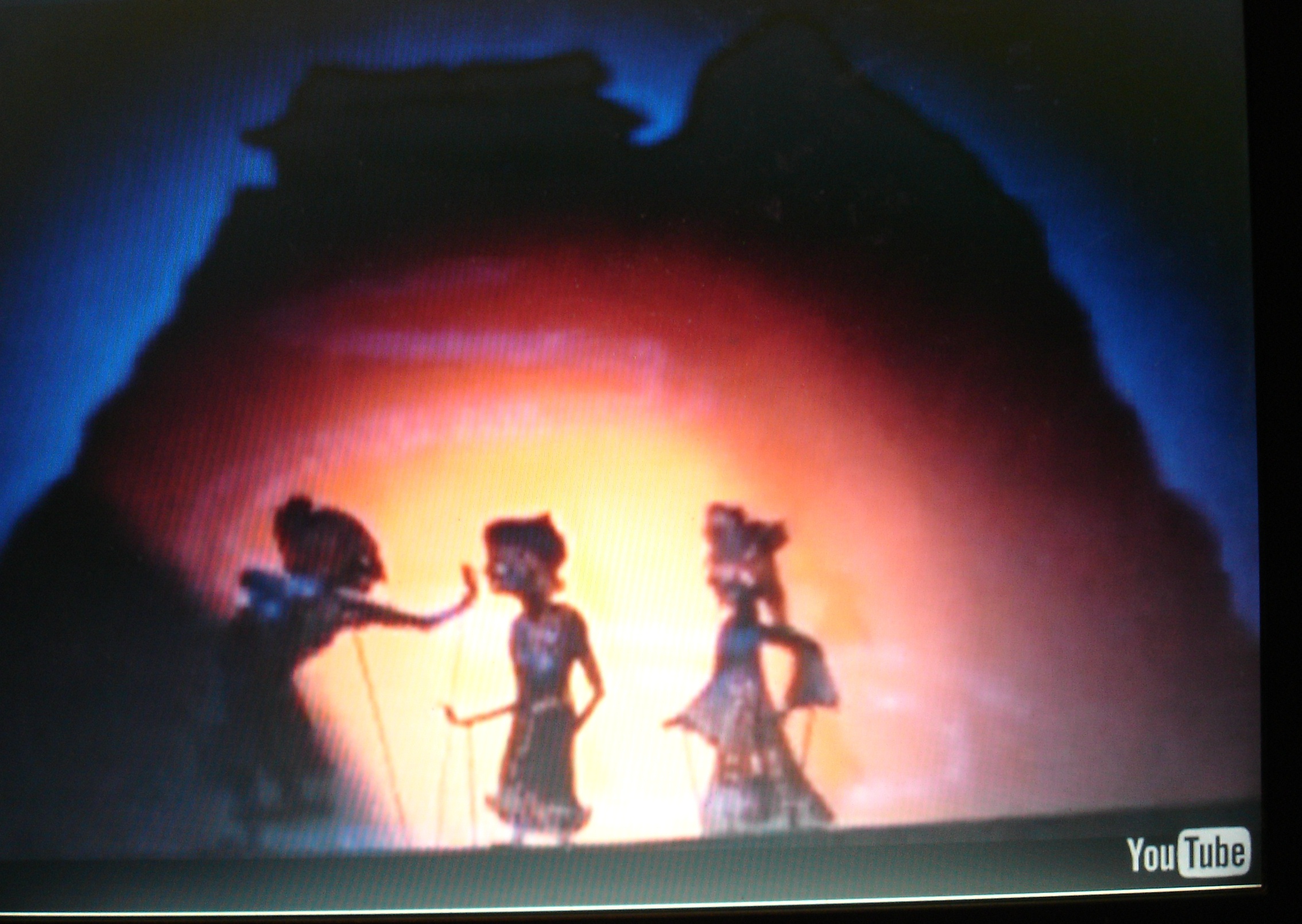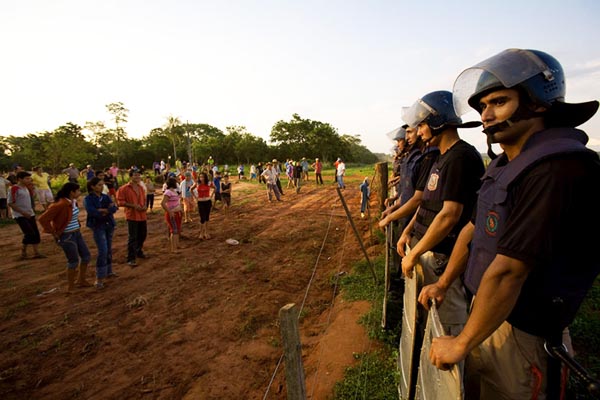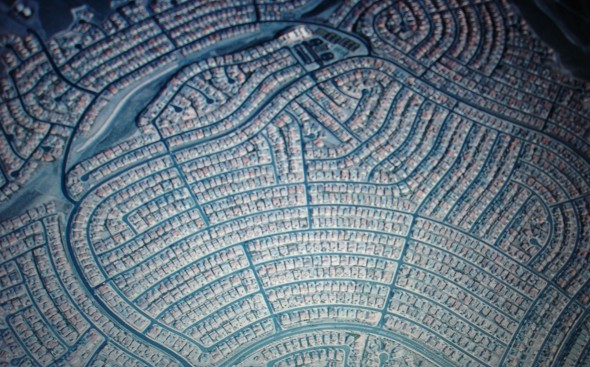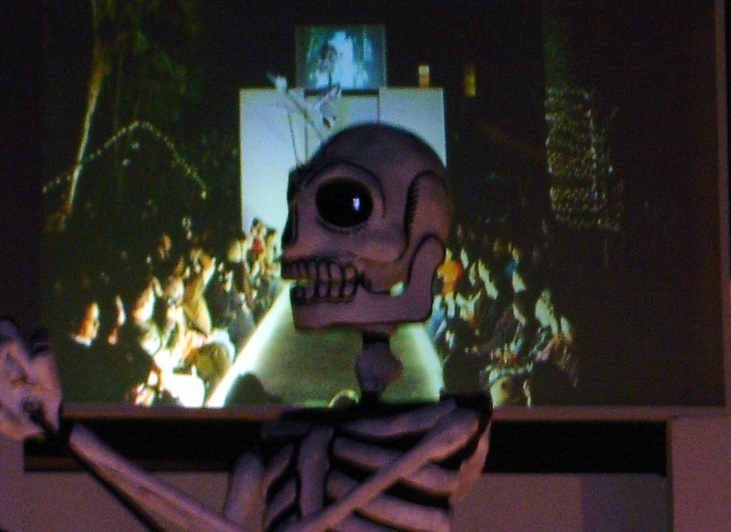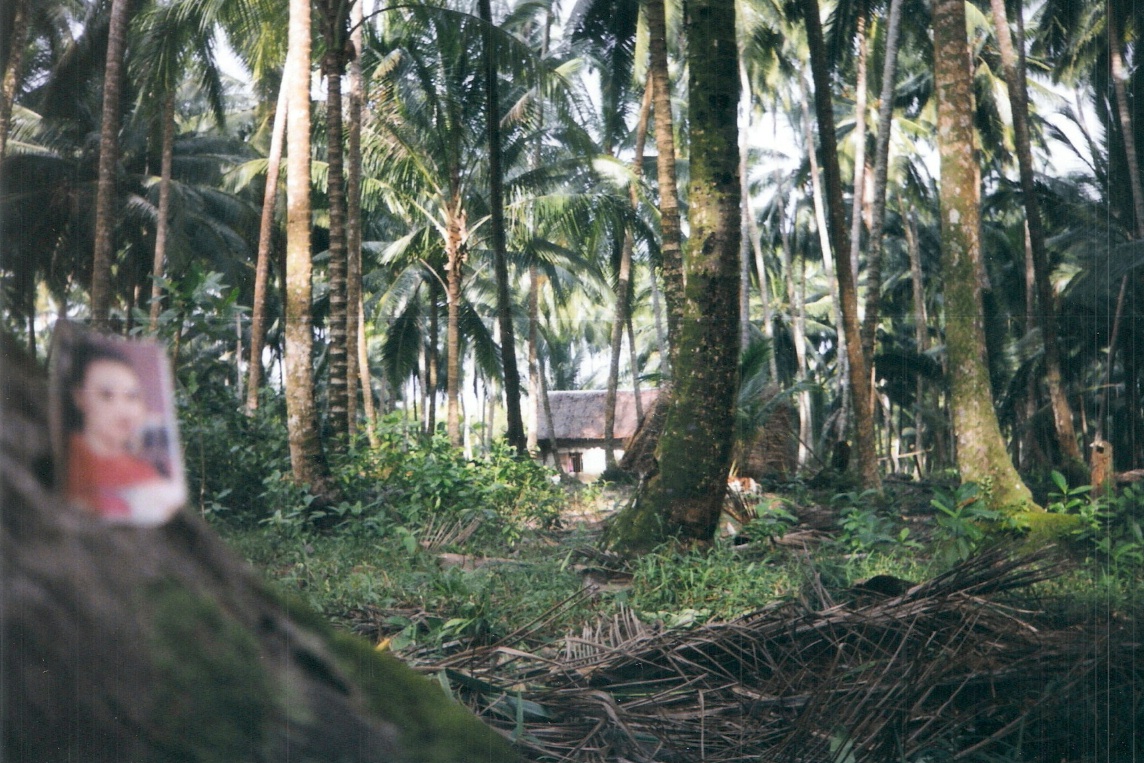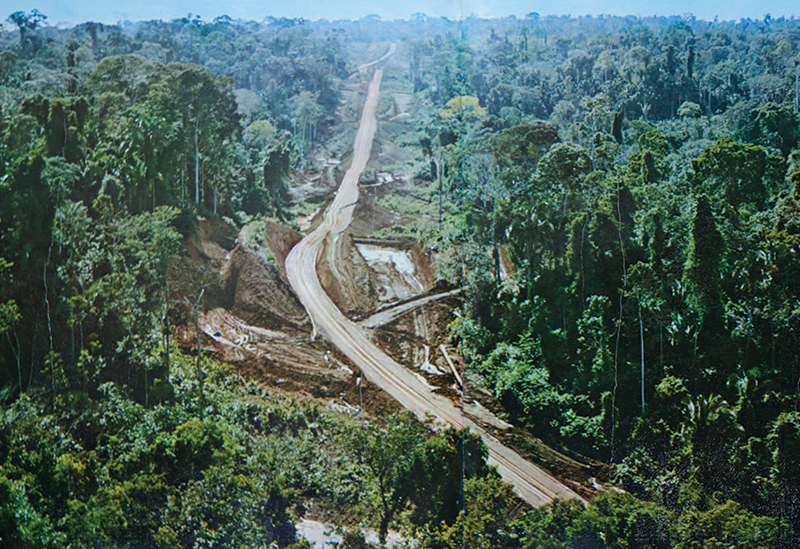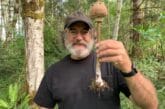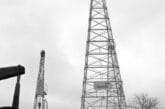The metaphorical island of Anaphoria is fertile territory for microtonal composer and sound artist Kraig Grady. One senses in his ringing, vibrating, just intonations, Native American chants, Indonesian gamelan orchestras, Japanese gagaku, African drumming down the spirits steeped in harmonic relations found in nature.
Recent Posts
The Tyranny of Soy Agribusiness in Paraguay
Paraguay’s President Lugo hadn’t delivered on promises to farmers who brought him to power, while transgenic soy farms expanded, and then he was overthrown in a coup.
World Bank-Funded Biofuel Corporation Massacres Six Honduran Campesinos – By Annie Bird
Security from World Bank-funded biofuel corporation Dinant massacred legally land-titled Honduran campesinos, casting a shadow on international climate change initiatives.
Suburban Sprawl: Serpentine Sameness from the Skies
Helicopter photos by Christoph Gielen reveal the beautifully-designed patterns and shapes of our auto-dependent homes on the range, walking not preferred, neighbors as yet uncontacted, wildlife unwelcome, sustainable future in question.
Day of the Dead Ofrendas: Calavera Fashion Show and Walking Altars
Short poems, anecdotes, mocking or reverent tributes, called calaveras or “skulls,” are given to celebrate public or private figures. In Los Angeles, for the last seven years Tropico de Nopal Gallery has taken the custom into the realm of performance art-fashion show-walking altar display.
Bagobo Agung Ensemble – Philippines 1960s
The Bagobo are an indigenous Proto-Austronesian tribe of Mindanao in southern Philippines. Here is a traditional Bagobo Agung ensemble taken by anthropologist Robert Garfias during the 1960s.
Destructive Progress: Brazil-Peru Transoceanic Highway
With completion of the 3,400-mile Transoceanic Highway, the Amazonian state of Acre in Brazil now connects with the southern Pacific Coast of Peru, unleashing numerous impacts to the environment and indigenous people.

